The utilization of valves spans a broad spectrum of industries, where their fundamental role in controlling the flow of fluids is indispensable. These mechanical devices, ranging from simple on/off valves to sophisticated control valves, are critical components in diverse applications. Types of valves and their applications:
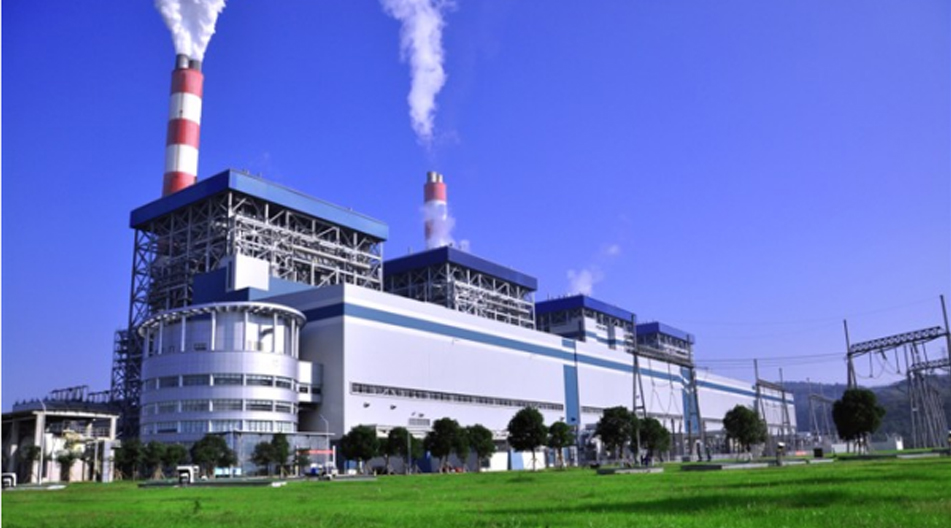
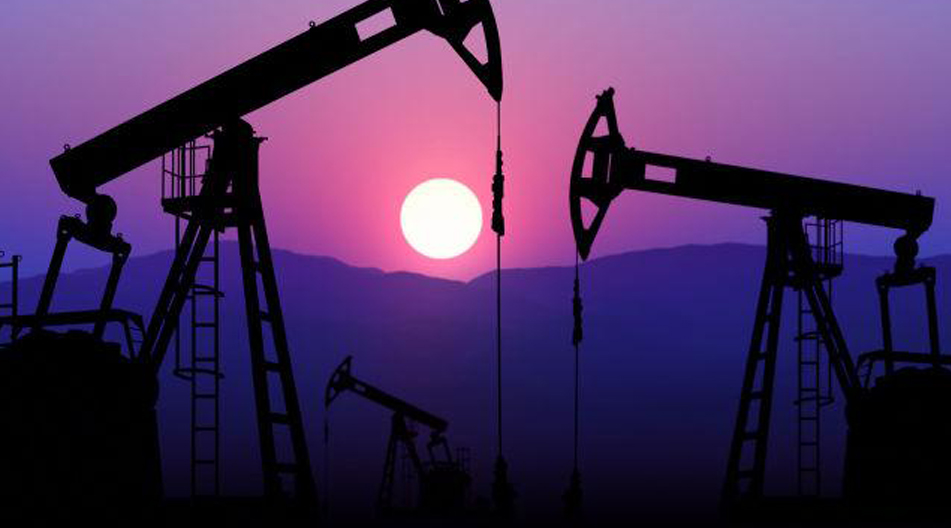
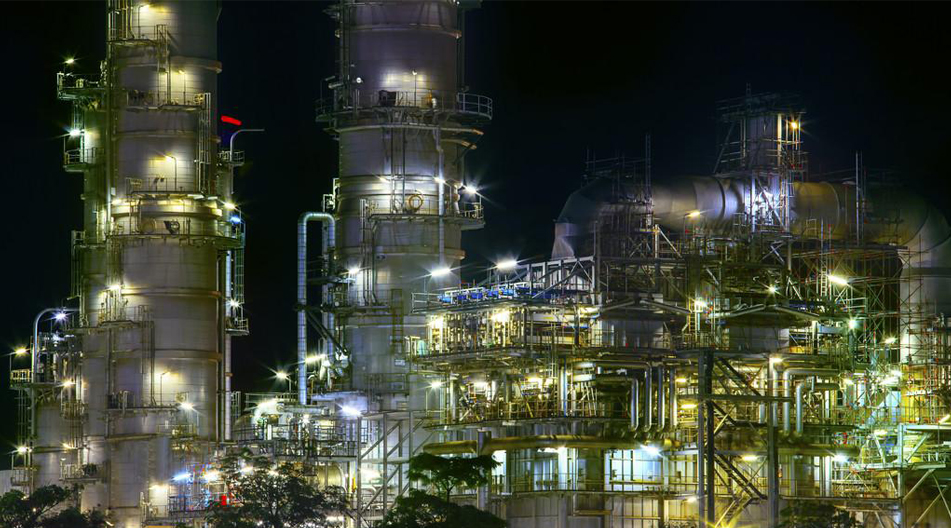
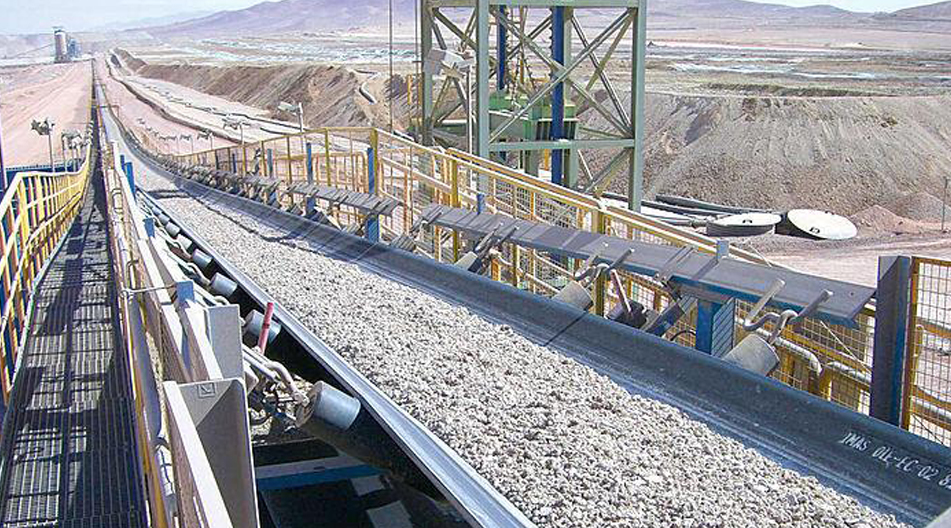
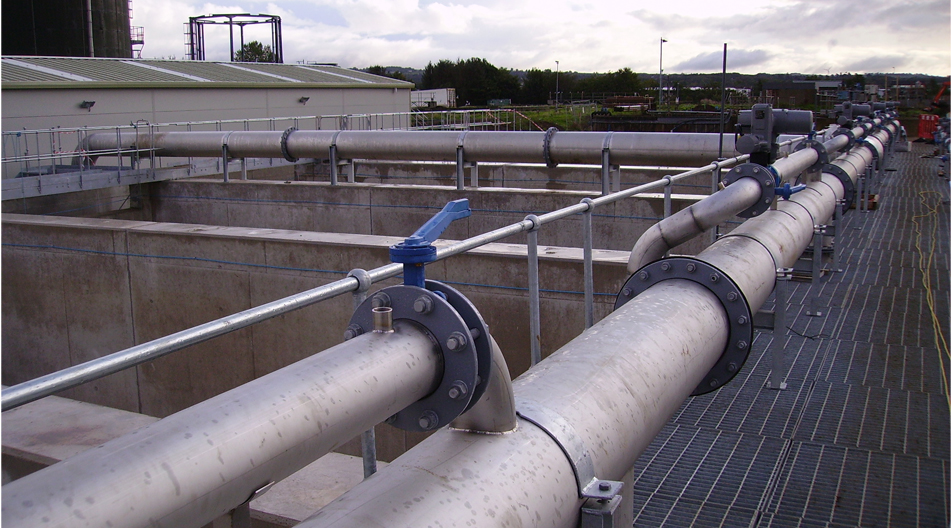
Valves are extensively employed in industrial processes, facilitating precise regulation of fluid parameters such as flow rate, pressure, and temperature. Gate valves, for instance, excel in on/off functions and are prevalent in water supply and oil and gas industries. Check valves prevent backflow, ensuring the unidirectional movement of fluids to maintain system integrity.
In specialized sectors like pharmaceuticals and biotechnology, sanitary valves uphold stringent hygiene standards, preventing contamination during fluid transfer. Meanwhile, in power generation, safety relief valves safeguard equipment by releasing excess fluid or gas in high-pressure situations.
Thermostatic valves contribute to temperature control in heating, ventilation, and air conditioning (HVAC) systems, while pinch valves prove valuable in the abrasive environments of mining and mineral processing. Solenoid valves play a pivotal role in agricultural irrigation, efficiently managing water distribution in different zones.
Valves find application in fire protection systems through deluge valves, controlling the release of water or fire retardants during emergencies. In the automotive realm, engine valves regulate the intake and exhaust of gases, optimizing engine performance.
The precision offered by needle valves makes them ideal for laboratory settings, enabling scientists to finely control the flow of gases and liquids. Overall, valves are versatile tools that, through their diverse designs and functionalities, contribute significantly to the controlled movement of fluids across a wide array of modern industrial processes and applications.
 Call us on:
Call us on:  Email Us:
Email Us:  No.68 Hezuo Road, Shijiazhuang City, Hebei Province, China
No.68 Hezuo Road, Shijiazhuang City, Hebei Province, China 